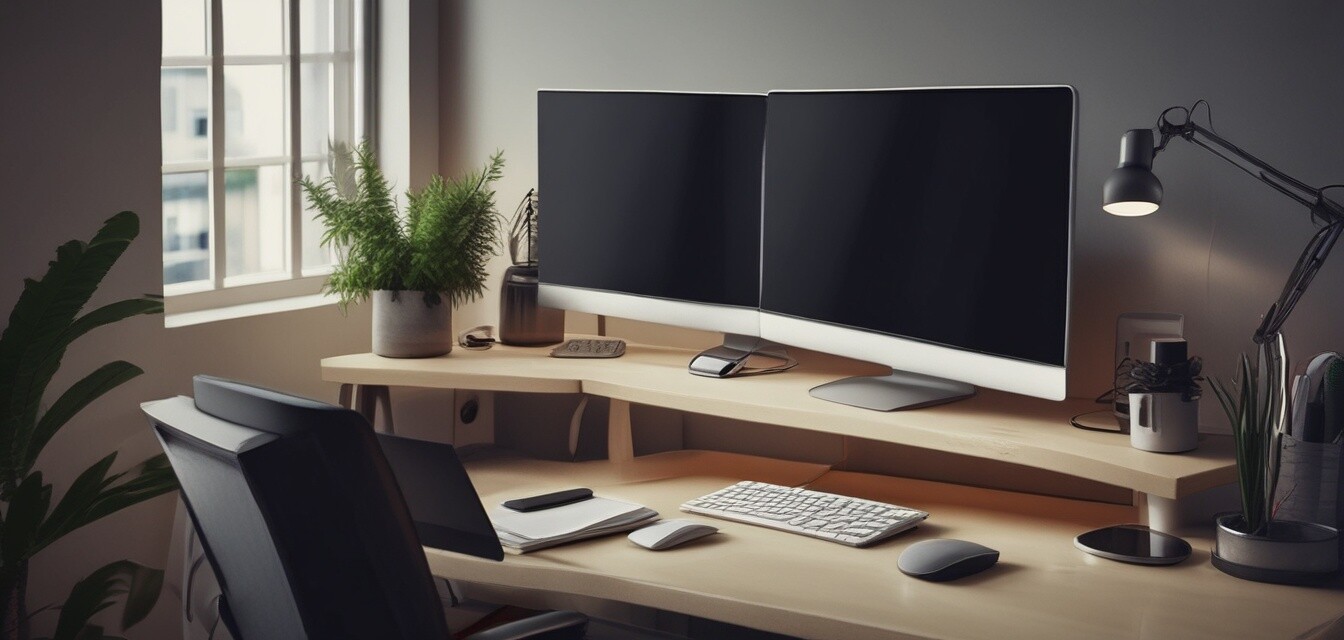
Choosing the Right USB Devices for Your Home Office
Key Takeaways
- Select USB hubs for expanding connection capabilities.
- External drives provide essential storage solutions.
- Prioritize compatibility with your devices when choosing peripherals.
- Consider data transfer speeds for efficiency.
- Explore options with multiple USB types (USB-A, USB-C) for versatility.
Setting up a functional home office requires a good selection of USB devices. Whether you're working from home or just need a dedicated workspace, understanding the different USB solutions available can enhance your productivity. This guide will help you choose the right USB devices that suit your needs effectively.
The Importance of USB Devices in a Home Office
USB devices play a crucial role in connecting peripherals, transferring data, and expanding functionality in your workspace. With the rise of remote work, equipping your home office with the right USB gadgets is essential for seamless productivity.
Essential USB Devices for Your Home Office
1. USB Hubs
USB hubs are vital for expanding the number of available ports on your computer. They allow you to connect multiple devices simultaneously. Here’s a comparison of different types of hubs:
| Type of Hub | Ports Available | Power Supply | Data Transfer Rate |
|---|---|---|---|
| Powered USB Hub | 4-10 | Yes | Up to 5 Gbps |
| Unpowered USB Hub | 2-7 | No | Up to 480 Mbps |
| USB-C Hub | Multiple (varies) | Yes | Up to 10 Gbps |
2. External Drives
External drives are essential for backups and increased storage capacities. They are available in both HDD and SSD formats:
- HDD (Hard Disk Drive): Generally cheaper, good for larger storage needs.
- SSD (Solid State Drive): Faster speeds, more durable, but typically at a higher price point.
3. USB Flash Drives
USB flash drives are portable storage options ideal for transferring files between devices. They are lightweight, easily transportable, and reliable for everyday use.
4. USB-C Adapters
As more devices adopt USB-C technology, having USB-C adapters ensures compatibility with traditional USB devices. They also allow for faster charging and data transfer speeds.
Factors to Consider When Choosing USB Devices
- Compatibility: Ensure that the device is compatible with your computer's ports.
- Data Transfer Speeds: Faster speeds help improve productivity.
- Power Needs: Consider whether devices require external power or not.
- Size and Portability: Assess the space available in your home office for larger devices.
Where to Buy USB Devices
For a variety of USB devices that fit your home office needs, consider exploring our selection of keyboards and mice, docking stations, and other computer accessories that can enhance your workspace efficiency.
Beginners Section
If you're just starting to set up your home office, here are some tips for selecting the right USB devices:
- Evaluate your regular tasks to determine what peripherals are essential.
- Invest in a quality USB hub if you frequently connect multiple devices.
- Choose external drives based on the amount of data you need to store.
- Keep an eye on compatibility to avoid issues during setup.
Pros
- Enhances connectivity options.
- Improves data transfer speeds.
- Provides additional storage capacity.
- Supports multiple devices at once.
Cons
- Can be easily misplaced or lost, especially smaller devices.
- Some devices may require additional power.
- Compatibility issues may arise with older hardware.
Conclusion
A well-equipped home office with the right USB devices can significantly elevate your work experience. By selecting USB hubs, external drives, and other peripherals wisely, you can create a functional workspace tailored to your needs. Don’t forget to check out our other buying guides for more tips on building your ideal home office setup.